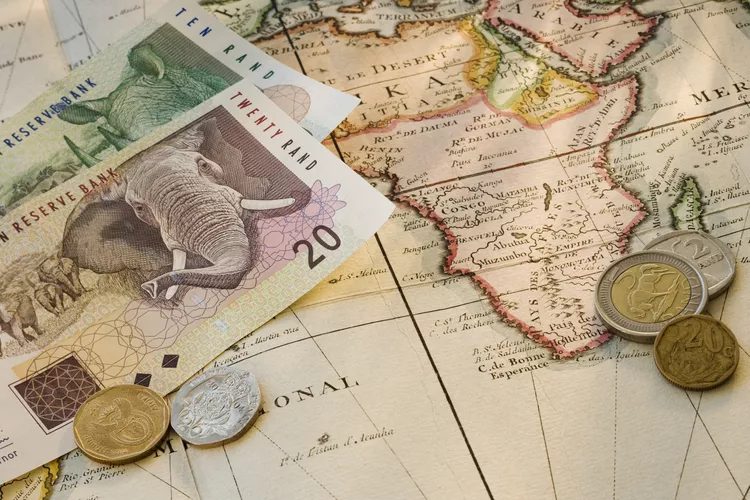Tipping Guidelines for Travelers in Africa
Tips are crucial when traveling to Africa. For many porters, safari guides, and drivers, tips form a vital portion of their earnings. In fact, over-tipping is typically less of a concern than under-tipping, especially considering the economic hardships many African workers face daily to support their families and secure basic needs.
Continue reading to discover essential tipping guidelines to assist you in adequately budgeting for your trip to Africa.
General Tips
When traveling, it’s advisable to carry small bills (either in US Dollars or in the local currency). Making change can be particularly challenging in remote areas. Always ensure that tips are given directly to the service provider who has assisted you. For example, if you want to tip housekeeping staff, deliver your gratuity in person rather than handing it to the front desk.
Generally, cash is preferred over goods, as it allows recipients the freedom to spend according to their needs. If you prefer to offer a gift, do so responsibly.
Meals and Drinks
A tip of 10-15% is standard for good service at restaurants and bars. Most waitstaff rely on tips to supplement their minimal wages, making gratuities a crucial component of their earnings.
If you’re purchasing a simple drink, it’s acceptable to leave the change rather than a specific tip. However, dining in larger groups at upscale restaurants often includes an automatic service charge, so always check the bill before adding extra gratuity.
Service Staff
If you are staying at luxury safari camps, there is usually a communal tipping box where you can leave your gratuity, which is shared among the staff. If you wish to tip someone directly, make sure to do so personally. While tips are not necessary at budget hotels, they are always appreciated.
As a guideline, consider tipping:
- $1.00 per bag for porters
- $1.00–$2.00 per day for hotel staff
- $3.00–$5.00 per day for personal butlers, trackers, or drivers
- $10.00 per day for professional guides and drivers
- $5.00–$10.00 for guides on one-day or half-day tours
- $1.00–$2.00 for airport or hotel transfer drivers
- 50 cents–$1.00 for gas station attendants
While many service providers in various African nations accept US Dollars, tipping in the local currency is often more appropriate. For instance, in South Africa, tipping should be done in Rand.
Mountain Trek Staff
If you plan to climb Kilimanjaro or engage in other mountain treks in Africa, your tour operator should advise on suitable tipping amounts. As a rough estimate, anticipate spending about 10% of your trekking costs on tips. This typically breaks down to:
- $15.00–$20.00 per day for a guide
- $8.00–$10.00 per day for a cook
- $8.00–$10.00 per day for a porter
Taxi Drivers
When tipping taxi drivers, rounding up the final fare and leaving the remaining change is common practice. If the driver has gone above and beyond, adhered to the metered fare, or provided service over a longer trip, consider tipping around 10% of the fare.
When Not to Tip
Though generosity is encouraged, especially in regions struggling with poverty, there are instances where it’s better not to tip. In particular, children may roam the streets instead of attending school to collect tips from tourists, which unfortunately upholds the cycle of poverty.
If you wish to aid street children or reward them for good deeds, consider providing food or essential items rather than cash. In circumstances where an act of kindness from an adult arises, consult your guide regarding the appropriateness of offering a tip. While cash may be welcomed, it could also be seen as offensive in some contexts; offering to buy a refreshment or meal might be more suitable.
Lastly, if service is unsatisfactory or if a tip is demanded under duress, remember that tipping is meant to reflect the quality of service. Your financial support should always align with the level of service received.





